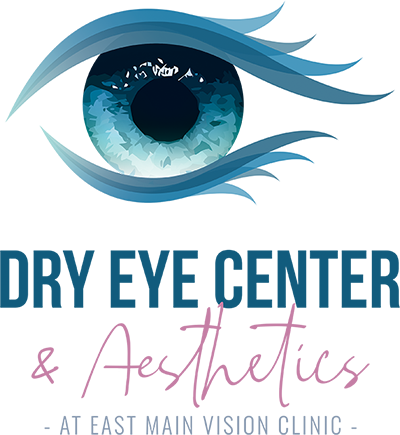June 30, 2021

Ultraviolet (UV) rays, whether natural or artificial, can damage your eyes. Many are aware of the connection between UV exposure and skin cancer, but fewer are aware of the link between UV rays and eye injury.
What Are UV Rays?
UV rays are a form of energy that the sun produces. Artificial sources such as lasers, tanning beds, and welding also produce UV energy. To understand how UV rays affect your eyes, it is important to know the types.
UV rays are categorized into three different types: UV-A, UV-B, and UV-C. UV-C does not pose any risk because the ozone layer absorbs it. However, you should worry about UV-A and UV-B rays. They are harmful and can have severe short-term and long-term effects on your eyes and eyesight.
How Do UV Rays Affect Your Eyes?
Several eye illnesses have been linked to exposure to UV rays. These illnesses that risk your general eye health include corneal sunburn, skin cancer around the eyelids, surfer’s eye, macular degeneration, and cataracts.
Adults and children alike are in danger of eye damage from exposure to UV rays. Any activity — work or recreational — that increases the length of time you spend in the sun will increase your risk. As such, it is important to get yourself prescription sunglasses that can give you maximum protection from damaging UV rays.
Why Wear Sunglasses?
What are sunglasses actually doing for your eyes? You are subject to exposure to UV rays all year round. Apart from getting UV rays directly from the sun, you can also be exposed to UV rays when they reflect off bodies of water.
Likewise, snow reflects light from the sun, thus putting you at risk for UV exposure during winter. With that background, here are reasons why you should put on sunglasses more regularly:
To Prevent Eye Illnesses Related to UV Rays
There are several eye illnesses related to UV rays, as mentioned earlier, which can cause vision loss if not addressed early. Putting on glasses that offer UV protection can help reduce the likelihood of these illnesses occurring. As a result, your eyes stay healthy, and you avoid unnecessary vision loss.
To Avoid Migraines and Headaches
For people who get headaches or migraines, bright UV rays can be a trigger. Soaking up the sun without eye protection puts you at risk for severe pain and discomfort around your eyes. High-quality eyewear that completely blocks UV-A and UV-B rays can help keep you at ease in the outdoors.
To Help You See Better
Sunglasses help reduce glare in bright light. That way, you can see the contrasts and colors of your view better, and not have to squint. Even on cloudy days, keeping your sunglasses on while driving will help you see the road easily without the bright, deep glare from water surfaces and other elements.
To learn more about how UV rays can affect your eyes, visit East Main Vision Clinic at our office in Puyallup, Washington. You can also call (253) 780-0700 to book an appointment today.



